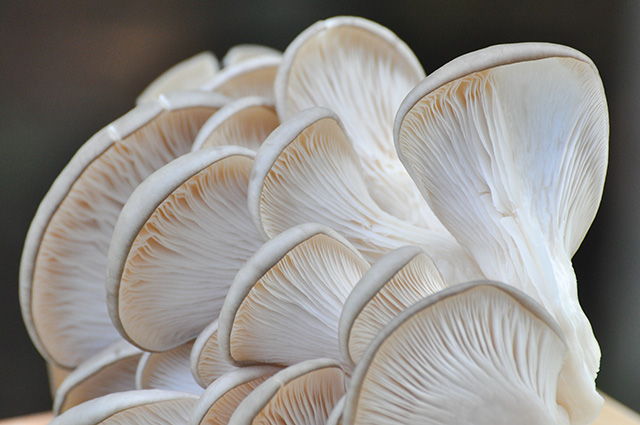How can L-theanine improve your mental and cognitive health?
07/07/2020 / By Divina Ramirez

L-theanine is a unique amino acid found in tea that offers a variety of health benefits, including better cognitive performance, reduced stress and improved mood.
A recent study published in the journal Nutrients investigated the effects of L-theanine supplementation and found that it helps improve certain markers of depression, such as increased anxiety and poor-quality sleep. These markers are also common across different mental health problems.
What is L-theanine?
L-theanine is a water-soluble amino acid commonly found in green tea, black tea and certain mushroom varieties. It is known as a relaxing agent due to its beneficial effects on stress levels and brain function.
L-theanine’s ability to affect the production of certain chemicals in the brain, such as dopamine and serotonin, may be responsible for its positive effects. Both dopamine and serotonin, after all, are involved in mood regulation, muscle movement, appetite, sleep and emotion. L-theanine also affects the levels of the stress hormone, cortisol.
Some animal studies have found that L-theanine has neuroprotective and cognitive-enhancing properties. In behavioral experiments involving mice, L-theanine has exhibited effects similar to those of conventional antidepressants. (Related: Comprehensive review finds that Arctic root is a safe and effective natural antidepressant.)
In humans, L-theanine is known to improve attention and overall mental state. Some studies also suggest that L-theanine has therapeutic effects against mental disorders like major depressive disorder (MDD), bipolar disorder, panic disorder, obsessive-compulsive disorder (OCD) and attention deficit disorder (ADD).
The cognitive and mental health benefits of L-theanine
In a recent study, a team of Japanese researchers investigated the effects of L-theanine on stress-related symptoms (i.e., sleep disturbance and poor sleep quality) and cognitive function in healthy adults.
For their experiment, they recruited 30 participants with no major psychiatric illness and instructed them to take either a placebo or a tablet containing 200 milligram (mg) L-theanine each night for four weeks. These participants were randomly assigned to different groups.
After a two-week washout period, the participants continued to take the assigned tablets for another four weeks.
At the end of the experiment, the researchers found that L-theanine significantly improved the participants’ sleep onset latency. In sleep science, this refers to the amount of time it takes for a person to fall asleep, which is linked to sleep efficiency.
For example, spending more time tossing and turning in bed instead of sleeping is not considered to be sleep-efficient. In contrast, falling asleep a few minutes after going to bed is considered to be sleep-efficient, and this indicates that the person has an ideal sleep latency.
The researchers speculated that L-theanine’s beneficial effects on sleep may be due to its anti-stress and antidepressant-like properties.
In addition, L-theanine improved certain cognitive functions like verbal fluency, working memory, mental flexibility and self-control.
Based on these findings, the researchers concluded that L-theanine is an effective supplement that can help reduce common symptoms of depression and other mental disorders.
L-theanine is not recommended for pregnant women, children and people with low blood pressure. Before taking L-theanine supplements, consult with a natural health practitioner to avoid possible side effects or unfavorable interactions with any medication you are taking.
Visit Nutrients.news to learn more about the benefits of L-theanine and other compounds in green tea.
Sources include:
Tagged Under: alternative medicine, anxiety relief, beatdepression, brain health, cognitive health, Green tea, L-Theanine, mental health, natural cures, natural medicine, prevention, sleep, stress relief, supplements



















